Column: The Power of Mindfulness
Photo credit: Cybele Zhang
Sophie Goldberg ’18 and Gemma Brand-Wolf ’18 model mindfulness while taking in the natural environment on Junior Arrow Week in 2016. Mindfulness is intentional awareness of the present moment with an attitude of caring, openness and curiosity.
This column is part of a series written by teacher guest writers on a topic they are interested in exploring. This was submitted to The Oracle for review by the Editorial Board.
I was holding a bookmark that said “If you want to change, you have to be willing to be uncomfortable. – Unknown.” I found myself jet-lagged, wrapped up in my wool winter coat with my knockoff baby pink Burberry scarf and red cherry mittens, sitting in a frigid conference room bobbing my leg up and down, thinking that would warm me up or at least keep me awake.
I was a few blocks from SCAD in Savannah, Georgia, and on this cold day in February I recalled my found years of college in Massachusetts, embracing the dead of winter like a true Californian, while trying to focus on my professor’s lectures. Here I was again, more mature, now a professional, but still seeking to learn and challenge myself as that should always be constant. For three days, I was a student again. And let me tell you — it was exhausting and exhilarating at the same time.
Months later, I am still digesting what I learned from the Cross-Cultural Conference in Counseling & Education for Research, Action & Change. And now, I am thrilled to share with my colleagues and Archer community the key concepts that reframed my thinking and challenged my perspectives in regards to diversity and social change.
I was reminded at this conference that one of the basic human behaviors is our resistance to change, and yet, change — all change (i.e., personal, professional, spiritual, no matter how big or small) — is important to our growth, development and civilization. Social change is no different, and we have been resistant for thousands of years. But why are we still resistant to it?
In spite of the vast number of social change efforts — the focus on racial identity development, ethnic identity development and gender and sexual orientation — resistance to social change is abound in our culture. I chose this particular workshop exploring the root cause of human resistance to social change.
Knowing and practicing how to move through our natural reaction towards resistance is necessary not only to understand the dynamics of multi-ethnic and multi-racial constructs in the U.S. but to move forward to embrace an anti-oppressive multicultural perspective. This workshop focused on the inner workings of the brain and human development, driven by a psycho-emotional-spiritual state that reflects openness, acceptance, inclusion, equanimity and inner peace.
I know, I know — this is a lot to take in, especially on a Saturday morning at 8 a.m. on the third and final day of my conference. However, this was my missing piece all along in understanding “diversity” as an individual and as an educator. It is necessary to analyze the three essential elements for overcoming resistance to social change
- Pay attention to the (root) cause if you want to understand the resistance (this is usually fear)
- Our three greatest needs are: control, recognition and security (as a mother of two this was so obvious, but it never crossed my mind as key concepts for understanding the trials and tribulations for diversity)
- Experience an event without interpreting the event based on your past; view it as new and fresh. Change is inevitable; resistance is natural, even if change is the solution to our problems. Our ability to measure our progress in particular when it comes to changing our behavior is often slow, and we take a few steps forward and a few backward before meeting our goals. Thus, the action to change can be confusing and in the lens of social change; this is why we have struggled for thousands of years to merely see the slightest progress.
In order to sit with and attempt to understand social systems, one needs to be aware that our perception is based on beliefs in our memory. Our reaction to what we perceive is based on our individualized history, memory and past experiences. One slide in the presentation said: “We can’t logic our way through emotion,” which further explained that 98 percent of our behavior is based on a “knee-jerk” reaction propelled forward by our emotions. With that framework, I was able to understand the dysfunction, frustration and delay with our progress and comfort to social change. Mindfulness is intentional awareness of the present moment with an attitude of caring, openness and curiosity without preconceived ideas with an open heart and observing without judgment.
So, what do we do?
The solution sounds simple, but the action takes practice. Mindfulness is intentional awareness of the present moment with an attitude of caring, openness and curiosity without preconceived ideas with an open heart and observing without judgment. Engaging in mindfulness is the path to listening and understanding. When we become comfortable with our discomfort is when fear will go away, and we can break through to the other side.
The best solution to understand and support change is to show up and participate. The best tool you can bring is yourself to these conversations and participate with mindfulness. Humans are storytellers, but be the listener. This allows you to increase your knowledge and understanding — inching closer to acceptance, access and change. When one shares their story this does not mean that you’re expected to have a solution, solve or apologize. Simply listening with your body, mind and heart provides respect and validation to the storyteller, which is a basic human need. Lastly, become a witness and observer of yourself, as you only have control of you.

Cybele Zhang joined the Oracle writing staff in 2015. She was promoted to Sports Editor as a sophomore and to Editor-in-Chief as a senior. Cybele graduated...




![Freshman Milan Earl and sophomore Lucy Kaplan sit with their grandparents at Archer’s annual Grandparents and Special Friends Day Friday, March 15. The event took place over three 75-minute sessions. “[I hope my grandparents] gain an understanding about what I do, Kaplan said, because I know they ask a lot of questions and can sort of see what I do in school and what the experience is like to be here.](https://archeroracle.org/wp-content/uploads/2024/03/grandparents-day-option-2-1200x800.jpg)
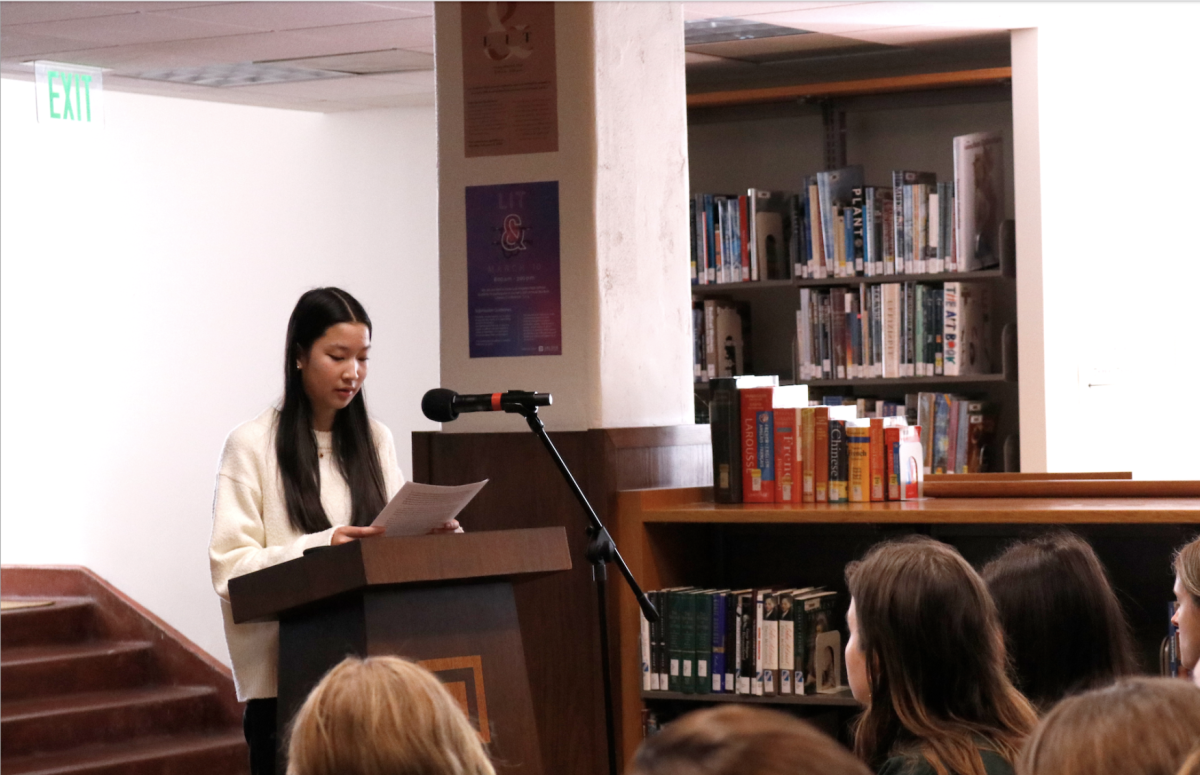










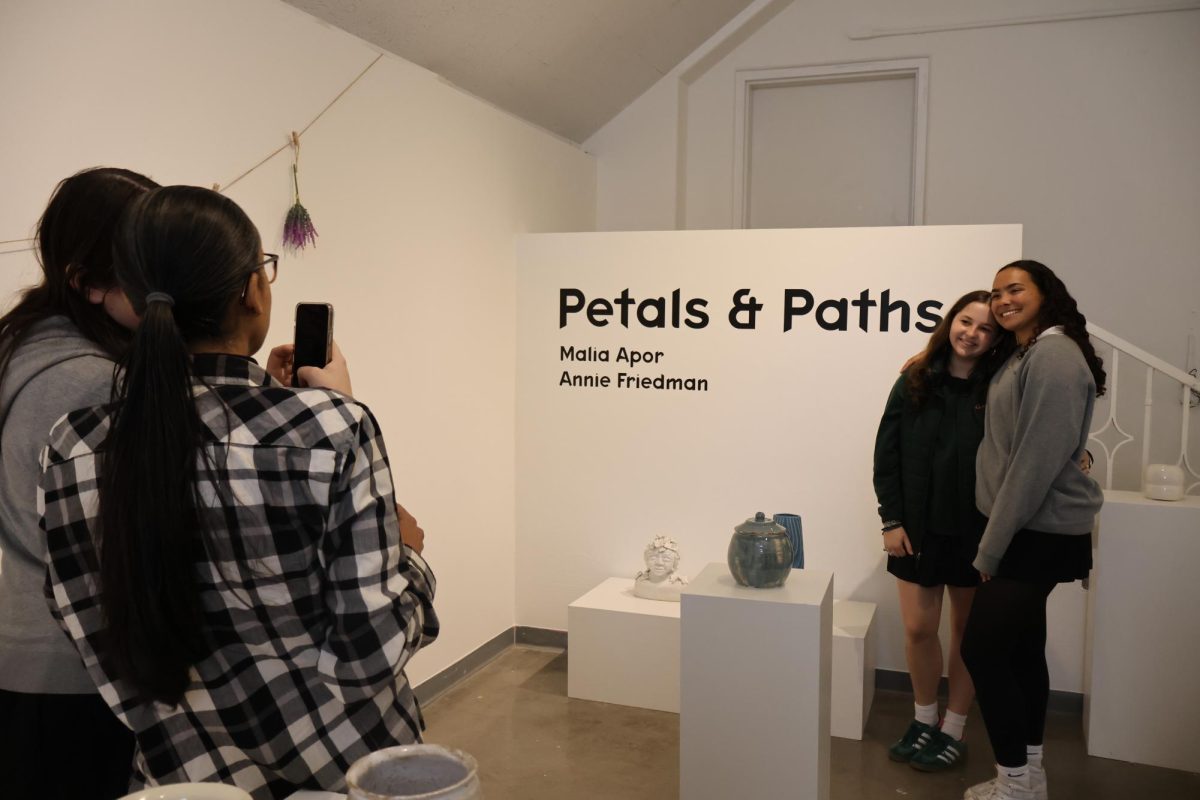






































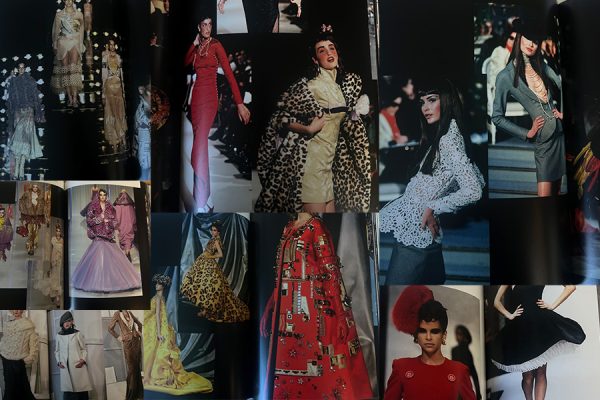


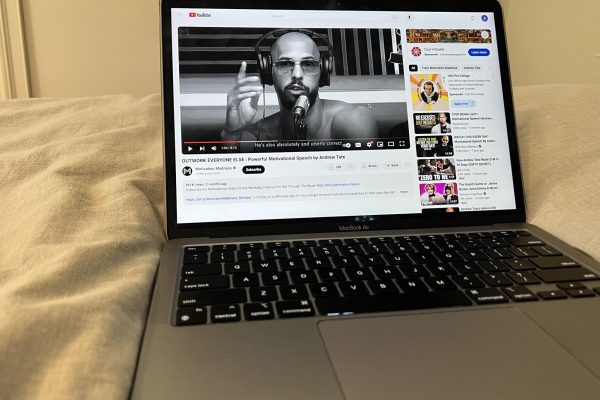
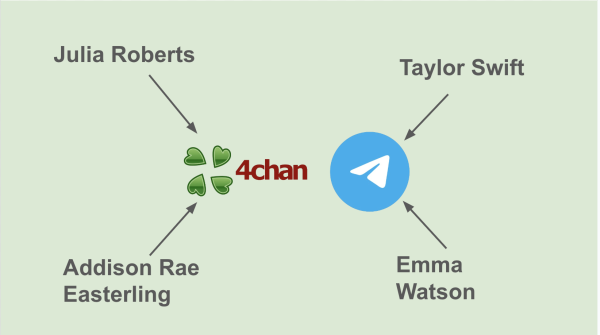
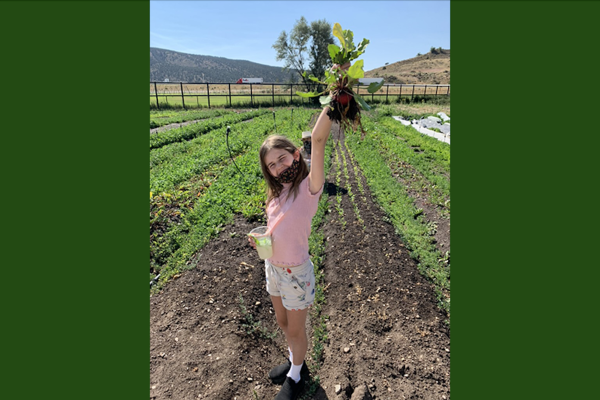
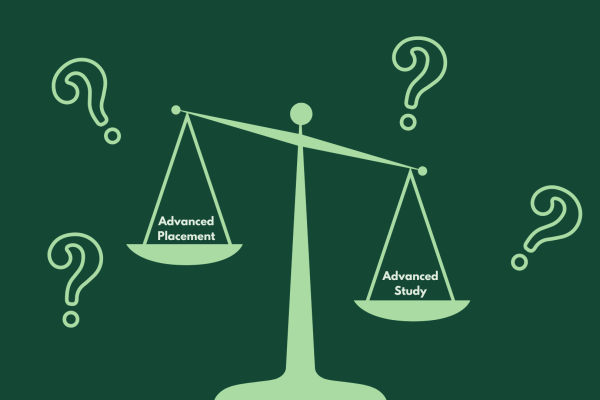

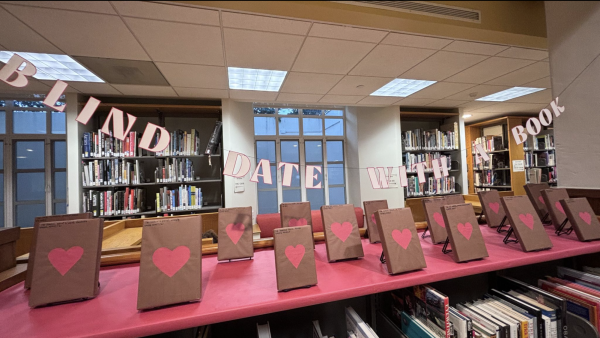
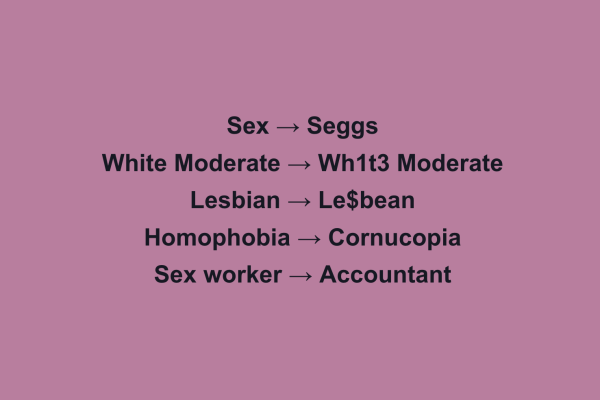

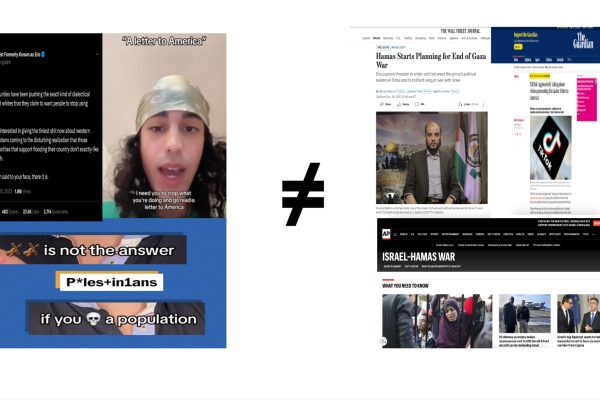

Adam • Apr 20, 2018 at 9:21 pm
Great, well thought out article with lots of take aways to practice on.
Marla • Apr 20, 2018 at 7:59 pm
Thank you for the work you do with Archer students Catie. You have my utmost respect, and it is a pleasure working with you everyday. This is a great article. Thank you for sharing it so we can all continue to learn and grow and evolve.
Gramma Judi • Apr 20, 2018 at 1:16 pm
Great article, Catie ! Iam so proud of you and all you accomplishments ! You’ve grown into a beautiful , loving , SMART intelligent woman ! ❤️